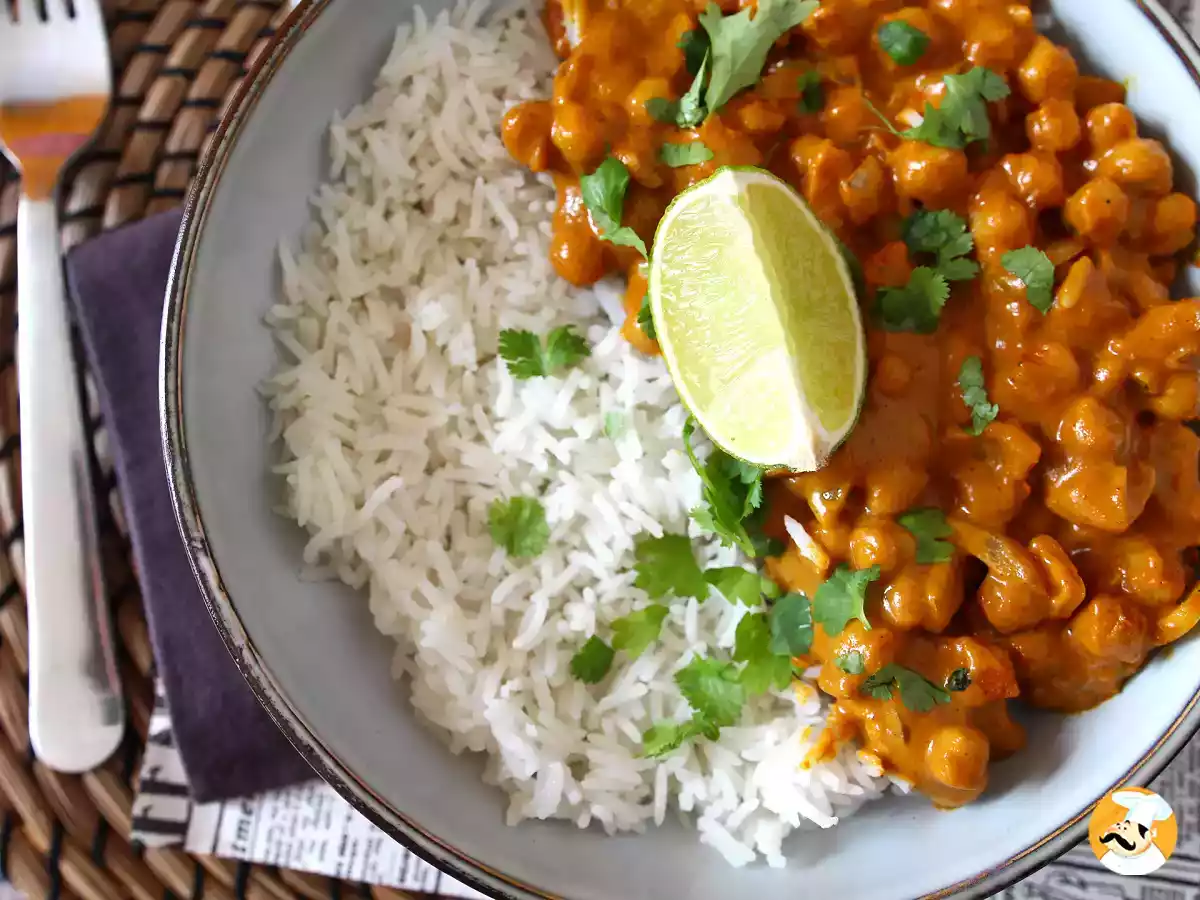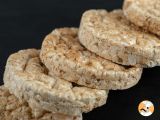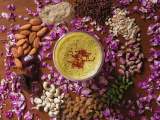Here are the best sources of vegetable protein

With the rise of vegetarian, vegan and flexitarian diets, the question of plant proteins has become increasingly central for those seeking to reduce or eliminate animal products. But don't panic! Plant proteins are plentiful and varied, and they ensure optimal nutritional intake, while adding interesting flavors and textures to your meals. Here's a guide to the best sources of plant proteins and how to incorporate them into your diet:
Why are plant proteins important?
Proteins play a crucial role in tissue growth and repair, and are also essential for the production of enzymes, hormones and other biological molecules. Unlike meat, plant proteins are often accompanied by fiber, vitamins and minerals, and are low in saturated fats.
How do you balance your protein intake?
Even if some plant proteins don't contain all the essential amino acids (with exceptions such as quinoa and soy), simply combining different sources of plant protein throughout the day is enough to cover your needs. For example, combining cereals and legumes (rice and lentils, corn and beans) is a simple and effective way to create a nutritionally complete meal.
Discover the list of these high-protein plant foods:
Lentils
Lentils are an essential part of any plant-based diet. Not only are they rich in protein (approx. 9 g per 100 g cooked), but they also provide plenty of fiber, iron and B vitamins. What's more, they're easy to cook in soups, salads, dahl or even patties.
Chickpeas
Chickpeas are another excellent source of protein, with around 7.3 g per 100 g cooked. Used in dishes such as hummus, stews, or even roasted for a crunchy snack, they're also rich in fiber and micronutrients like iron, magnesium and zinc.
Quinoa
Quinoa is often dubbed a "super-seed" because of its nutritional richness. It contains all the essential amino acids, making it a complete protein. With around 4.4 g of protein per 100 g cooked, it is also gluten-free, rich in fiber and antioxidants. Perfect as a salad or side dish.
Tofu and Tempeh
Derived from soy, tofu and tempeh are mainstays of vegan and vegetarian cuisine. Tofu contains around 8 g of protein per 100 g, while tempeh contains even more, around 19 g per 100 g. In addition to their protein content, they are highly versatile: grilled, stir-fried, or incorporated into stews and curries.
Black beans
Black beans are not only rich in protein (approx. 8.9 g per 100 g cooked), they're also an excellent source of fiber and iron. Their creamy texture and slightly sweet flavor make them perfect for dishes like chili, burritos, or salads.
Oats
Oats are a high-protein cereal, with around 13g of protein per 100g. It is also an excellent source of soluble fiber, which helps regulate cholesterol levels. Ideal for breakfast as porridge, granola or added to pastry recipes.
Nuts and almonds
Nuts, especially almonds, are a good source of vegetable protein. For example, 100 g of almonds contain around 21 g of protein. Rich in healthy fats, they are perfect as a snack or added to salads or mueslis.
In a nutshell...
A protein-rich plant-based diet is not only feasible, but also delicious and beneficial to your health. So whether you're vegan, vegetarian, or just looking for new ways to diversify your diet, these plant-based options will provide you with healthy, tasty, protein-rich alternatives! :-)
You may be interested in:
 Adèle Peyches
Adèle Peyches

Comments